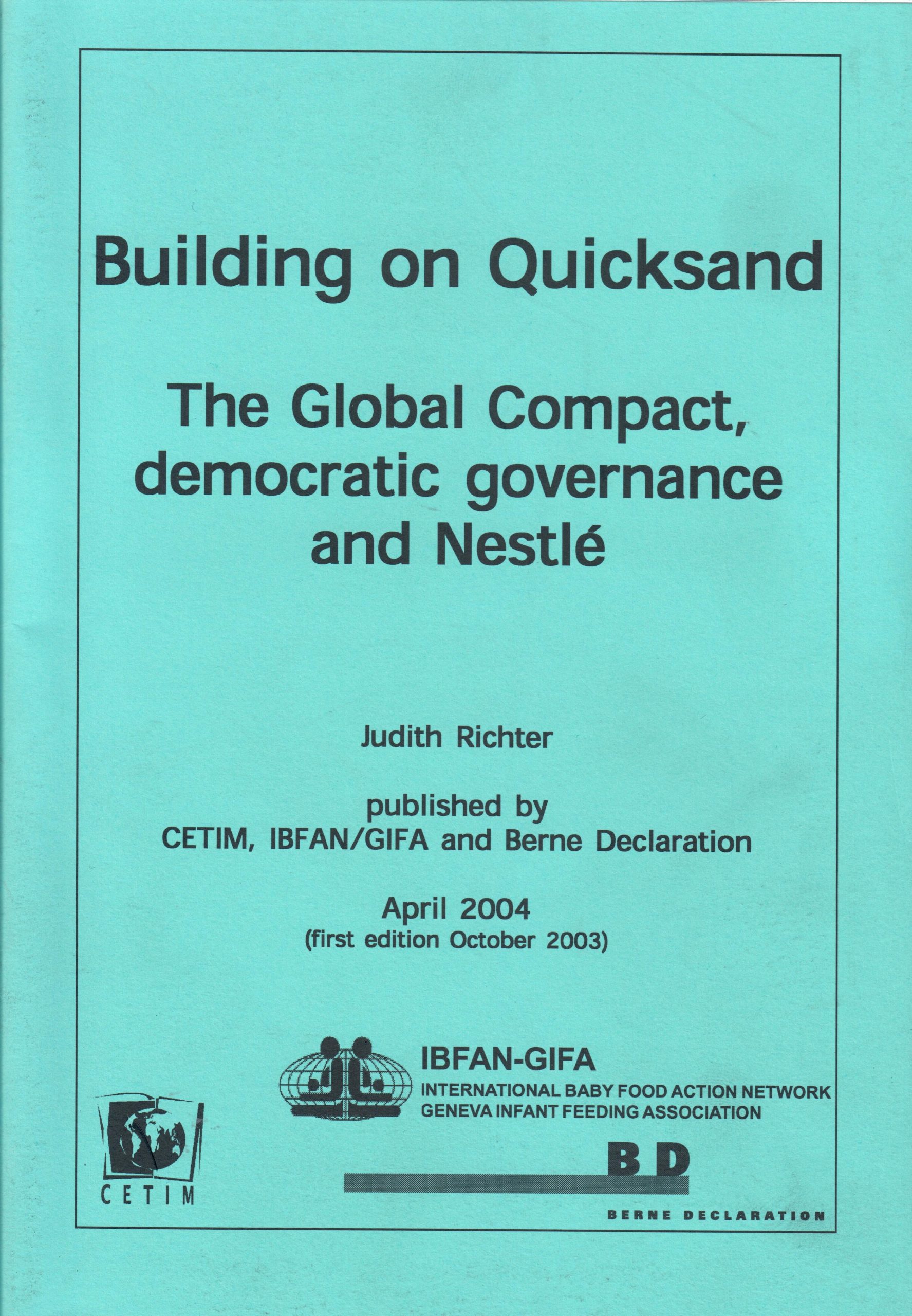Product Description
From the start, various NGOs have been raising questions about the alleged benefits and risks of Global Compact, a high level interaction between the United Nations and the business community. This publication, commissioned by CETIM, Geneva Infant Feeding Association (GIFA-IBFAN) and Déclaration de Berne does not aim to summarize all of these concerns. It rather suggests focusing on two main lines of questioning. These two line emerge from the debates between the Global Compact proponents and its critics:
What is the value of the Global Compact in terms of changing corporate practices? More specifically, is it an arrangement that helps shift corporate practices towards the better – or is it rather an arrangement that helps corporations continue to do their business as usual and moreover confers on them additional protection from legally-binding regulation and public pressure?
What is the relationship between the Global Compact and global democratic governance? In other words: Does the Global Compact enhance – or undermine – efforts to promote democratic decision-making in a globalising world?
Both these questions are addressed at a theoretical level as well as by a case study focusing on the gaps between words and deeds, illustrated with the case of one of the latest prominent participants of the Global Compact: the food and beverage transnational Nestlé.
Dr. Judith Richter is author of Holding Corporations Accountable: Corporate Conduct, International Codes and Citizen Action, Zed Books, London and New York, 2001 and ‘We the Peoples’ or ‘We the corporations’, Critical reflections on UN-business partnerships, IBFAN-GIFA, January 2003.



